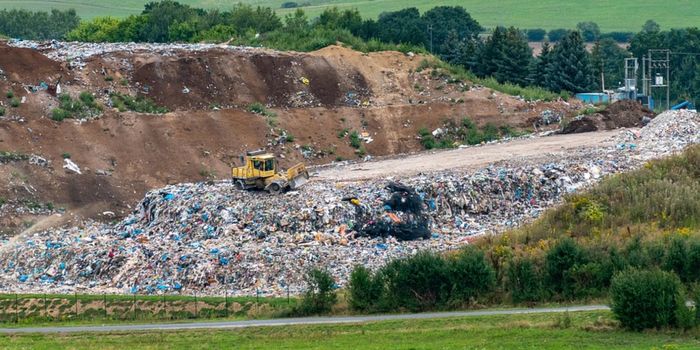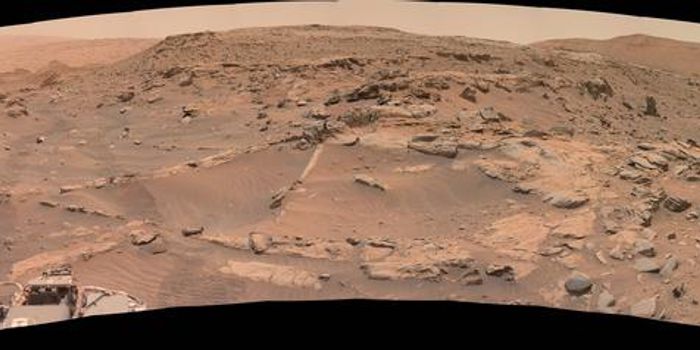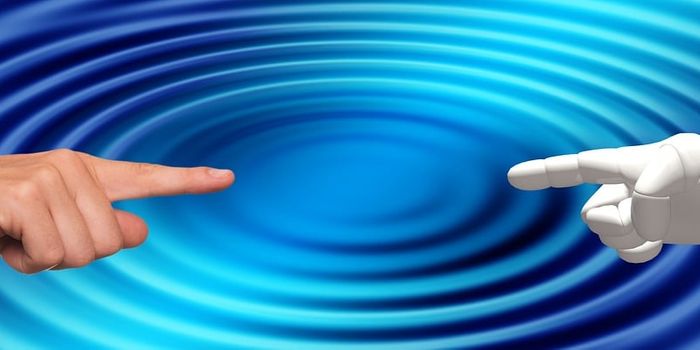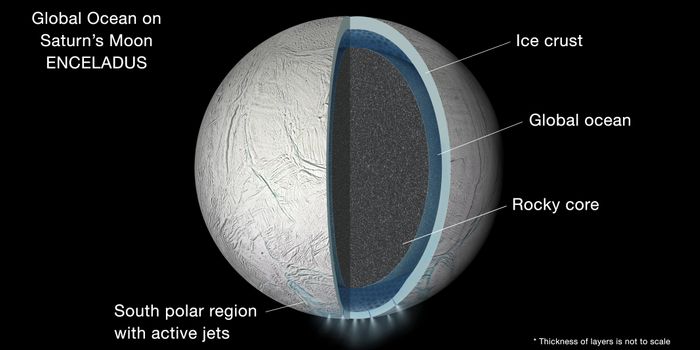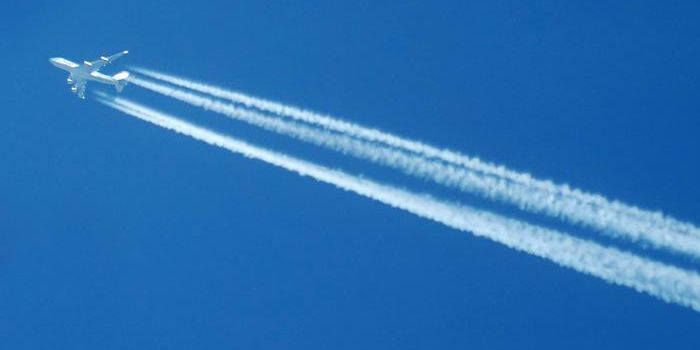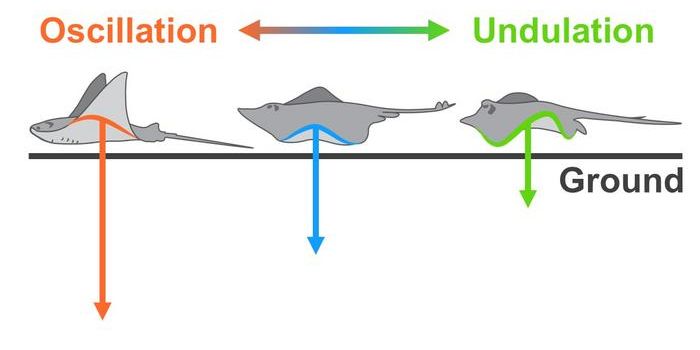Floating Plastic Contributes to Jump in Coastal Marine Colonies
While ocean plastic has become quite the environmental concern, a team of researchers recently discovered this hasn’t stopped coastal marine invertebrate species from taking advantage of this by colonizing floating plastic in the open ocean, which they describe in a recent study published in Nature Ecology and Evolution.
Floating plastics that were gathered in the North Pacific Subtropical Gyre as part of The Ocean Cleanup’s 2018 expedition. (Credit: The Ocean Cleanup)
Examples of open-ocean gooseneck barnacles Lepas and coastal podded hydroid Aglaophenia pluma thriving on floating plastic gathered in the North Pacific Subtropical Gyre. (Credit: The Ocean Cleanup, in coordination with Smithsonian Institution)
“This discovery suggests that past biogeographical boundaries among marine ecosystems — established for millions of years — are rapidly changing due to floating plastic pollution accumulating in the subtropical gyres,” said Dr. Linsey Haram, who is a research associate at the Smithsonian Environmental Research Center (SERC), and lead author of the study.
For the study, the researchers examined 105 plastic samples that were gathered during the 2018 and 2019 expeditions of The Ocean Cleanup within the North Pacific Subtropical Gyre and identified colonies of coastal species in 70 percent of the samples. The researchers also identified that the plastic contained greater amounts of coastal species than open ocean species, as well.
“Our results suggest coastal organisms now are able to reproduce, grow, and persist in the open ocean — creating a novel community that did not previously exist, being sustained by the vast and expanding sea of plastic debris,” said Dr. Gregory Ruiz, who is a senior scientist at SERC, and a co-author on the study. “This is a paradigm shift in what we consider to be barriers to the distribution and dispersal of coastal invertebrates.”
In conclusion, these findings identify how much human activity has contributed to ocean ecology, which includes both size and potential future outcomes.
“Our study underscores the large knowledge gap and still limited understanding of rapidly changing open ocean ecosystems,” said Ruiz. “This highlights the need for dramatic enhancement of the high-seas observing systems, including biological, physical and marine debris measurements.”
What new discoveries will scientists make about ocean pollution and ecology in the coming years and decades? Only time will tell, and this is why we science!
Sources: Nature Ecology and Evolution, University of Hawai'i
As always, keep doing science & keep looking up!



